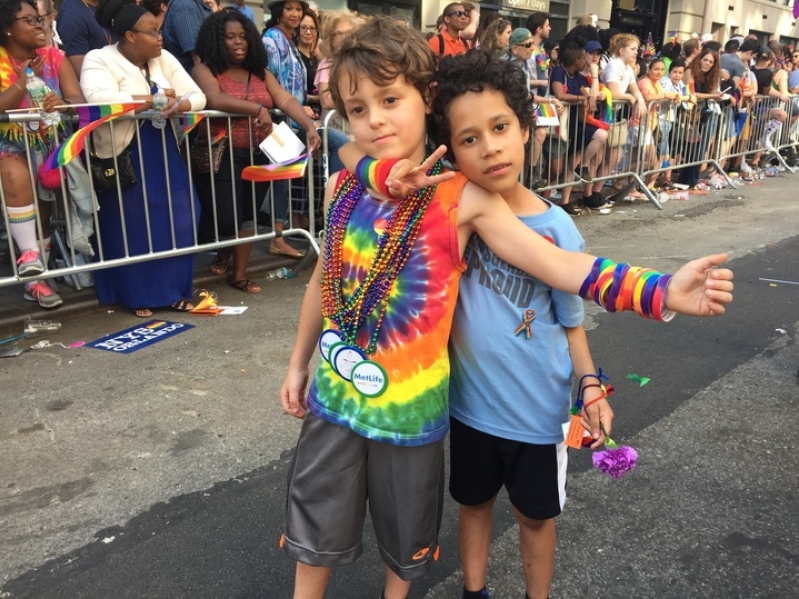
The number of children - some of them as young as three - in the UK and Ireland sent to specialists because they are confused about their gender has risen by more than 2,000 percent in eight years, a new study has shown.
The Times reports that data released by the Gender Identity Development Service (GIDS) shows 1,986 children under the age of 18 have been accepted for specialist treatment in the past year. That's up from just 94 in 2009-10, with 37 young children under the age of five referred since then.
Children as young as three are getting help from specialists for transgender issues, while 11-year-olds are being given powerful hormones to prevent them going through puberty, notes the report. GIDS says almost two in five of the children it sees are given these drugs to stop or "pause" the onset of puberty.
Dr. Bernadette, a consultant clinical psychologist at the Tavistock and Portman NHS Foundation Trust, said the rise is due to "significant progress towards the acceptance and recognition of transgender and gender diverse people in our society."
"'There is also greater knowledge about specialist gender clinics and the pathways into them, and an increased awareness of the possibilities around treatments for younger adolescents," she said.
However, Dr. Joanna Williams, author of Women vs Feminism, told the Telegraph that the results suggest that transgender issues are being "over-promoted" in schools.
"Children - encouraged by their experiences at school - are beginning to question their gender identity at ever younger ages," she said.
Williams warned that teaching children about transgender issues could be "sowing seeds of confusion" in the minds of children and teens, leading to more seeking gender identity therapies.
"In doing more than just supporting transgender children, and instead sowing confusion about gender identity, schools do neither boys nor girls any favors," she said, adding that recent changes to school policies could be forcing children to "unlearn" the difference between boys and girls.
Last summer, the American College of Pediatricians warned legislators and educators that teaching children to accept transgenderism is child abuse.
"The American College of Pediatricians urges educators and legislators to reject all policies that condition children to accept as normal a life of chemical and surgical impersonation of the opposite sex. Facts - not ideology - determine reality," the organization noted in a statement listing an eight-point explanation of its stance.
It added that while "no one is born with an awareness of themselves as male or female," as such awareness develops over time, it "may be derailed by a child's subjective perceptions, relationships, and adverse experiences from infancy forward."
"People who identify as 'feeling like the opposite sex' or 'somewhere in between' do not comprise a third sex. They remain biological men or biological women," the organization said.
"When an otherwise healthy biological boy believes he is a girl, or an otherwise healthy biological girl believes she is a boy, an objective psychological problem exists that lies in the mind not the body, and it should be treated as such."






